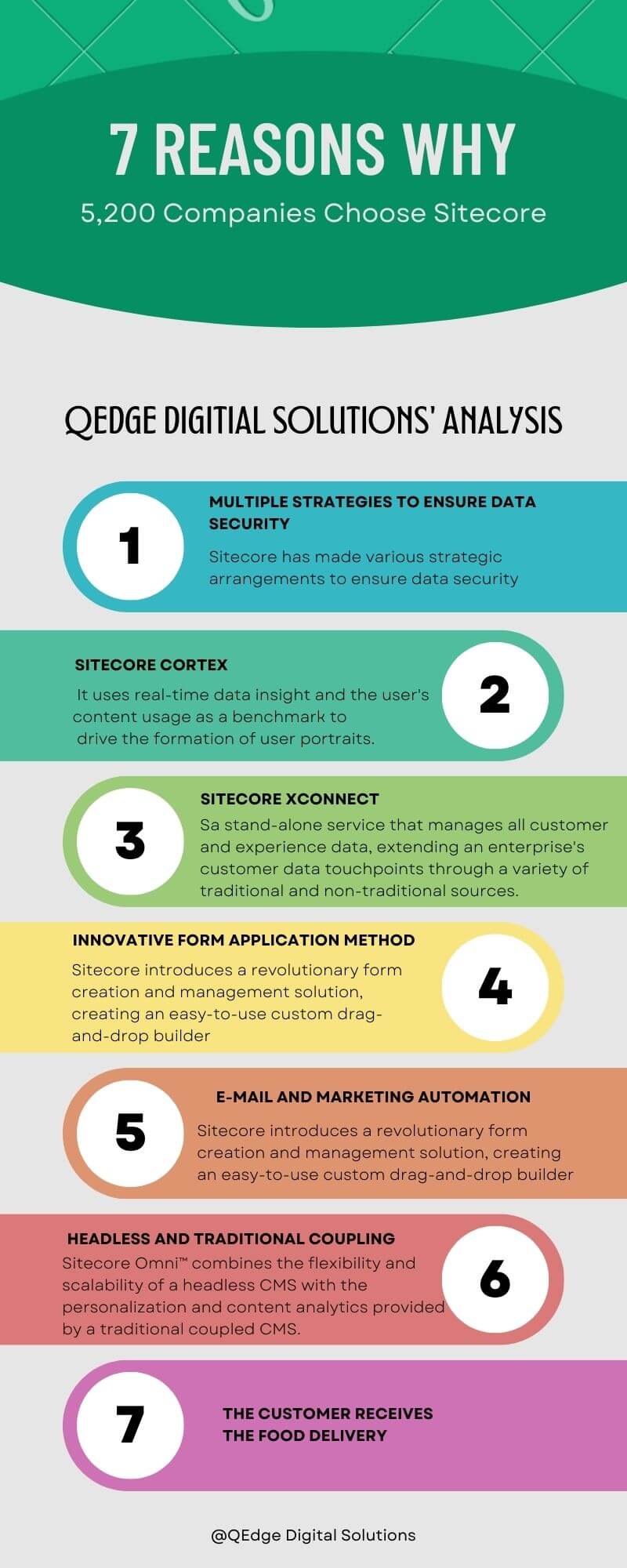Sitecore is a powerful and flexible content management system (CMS) that allows organizations to manage all of their digital content and assets from a single interface. However, like any sophisticated software platform, Sitecore requires ongoing maintenance and support to keep it running optimally. In this article, we will explore the 3 most common types of Sitecore maintenance and support requests that Sitecore administrators and developers need to be prepared to handle.
1. Configuration Changes
One of the most frequent support tasks for Sitecore revolves around making changes to the platform's configuration. The Sitecore configuration includes settings for security, performance, infrastructure integration, and many other aspects of the system.

Common configuration change requests include:
- Updating security settings: Sitecore has robust security built-in, but the specific access rights and permissions need to align with the organization's users and roles. Security configuration is often updated to grant or restrict access to certain features, content, or tools.
- Integrating with infrastructure: Sitecore may need to be configured to work with surrounding infrastructure like load balancers, CDNs, email servers, single sign-on systems, etc. The configuration files must be updated to enable these integrations.
- Improving performance: Settings like page caching, data compression, and indexing can be tweaked to optimize Sitecore's speed and resource utilization. Support teams may optimize configurations based on performance testing and usage patterns.
- Adding custom functionality: The Sitecore config enables developers to plug in custom modules, tools, and integrations. Support staff will need to correctly configure these customizations so they function as intended.
Configuration changes like these must be made carefully, as the config files control many aspects of Sitecore. Having an experienced Sitecore support provider who can implement configuration updates securely and accurately is critical.
2. Content Editing and Publishing
A major strength of Sitecore is its robust content authoring and publishing model. The platform provides a wide array of features for creating, editing, personalizing, and publishing all types of content. As a result, some of the most common support tasks relate to assisting content teams with content operations.
Some examples of content-related support include:
- Publishing workflow troubleshooting: Sitecore's flexible publishing workflows help coordinate content creation and approval, but problems in these workflows can emerge. Support staff must diagnose and resolve issues with publishing pipelines and queues.
- Content editing assistance: The Sitecore interface provides all levels of users with the appropriate editing tools for their roles. However content authors may still require support with editing best practices, formatting, metadata, workflows, and more.
- Content migration: Bringing content from other systems into Sitecore is often required. Guidance on importing, adapting, and mapping both content and metadata is a common support need around content migration.
- Media management: As a CMS, Sitecore must store and organize all media assets and files. Support teams can assist with tasks like tagging, transcoding, optimization, media library maintenance, and more.
Having Sitecore experts available to provide hands-on guidance around content operations ensures users can be productive with the platform.
3. Troubleshooting System Issues
With Sitecore powering mission-critical websites, applications, and portals, uptime and reliability are paramount. Support providers must be prepared to diagnose and resolve any system issues or malfunctions that may emerge. Common troubleshooting scenarios include:

- Site or functionality outages: A key support task is rapidly detecting any type of outage or service degradation, tracing its cause, and restoring normal operations. This requires technical expertise across Sitecore and the surrounding infrastructure.
- Error diagnosis: Strange application errors, performance anomalies, or user-facing issues must be properly diagnosed. Support engineers analyze log files, debug error messages, and identify the root causes of problems.
- Security issue resolution: From time to time, vulnerabilities may emerge requiring immediate resolution. Support teams must identify and patch security issues while putting temporary mitigation in place.
- Infrastructure maintenance: Sitecore depends on surrounding infrastructure like databases, networks, and servers. Support providers collaborate on infrastructure upkeep that may impact Sitecore.
- Recovery from data loss or corruption: In worst-case scenarios, Sitecore data may become lost or corrupted. Support engineers are tasked with restoring and recovering damaged or missing data to return Sitecore to working order.
Proactive system monitoring combined with rapid-response troubleshooting is essential for minimizing Sitecore downtime and keeping implementations running smoothly.
The Key Role of Sitecore Maintenance and Support
Sitecore's extensive capabilities require a range of maintenance and support tasks to keep solutions on track. Configuration, content, and system-level support are all crucial. Platform expertise and hands-on experience are necessities for any Sitecore support team.
Without proper Sitecore administration and assistance, projects risk delays, cost overruns, and incomplete implementations. With a dedicated support partner, organizations can fully leverage Sitecore's potential while developers focus on strategic initiatives and enhancements rather than day-to-day upkeep.
As Sitecore continues to release advanced new versions like SXA and Sitecore Cortex, it becomes even more imperative to have specialized Sitecore support skills. The platform is too vital for digital experiences to be left without the right technical capabilities behind the scenes. Partnering with a support provider helps ensure your Sitecore investment keeps driving value and achieving business goals over the long term.

About QEdge
We’re A Digital Agency Since 2008
Professional Agency to Provide Digital Marketing Solutions
QEdge is a digital agency dedicated to Sitecore implementation, deployment, and localization in China. QEdge and Sitecore have been partners for over 15 years. We provide a unique blend of Sitecore technology and China-specific digital products.
➤ Sitecore Development and Maintenance
➤ Chinese Localisation & Maintenance
➤ Compliance




![Navigating the World of Sitecore Support [2024]](https://www.qedge.co/blog/wp-content/uploads/2024/04/2024-03-20_111702-320x180.jpg)


